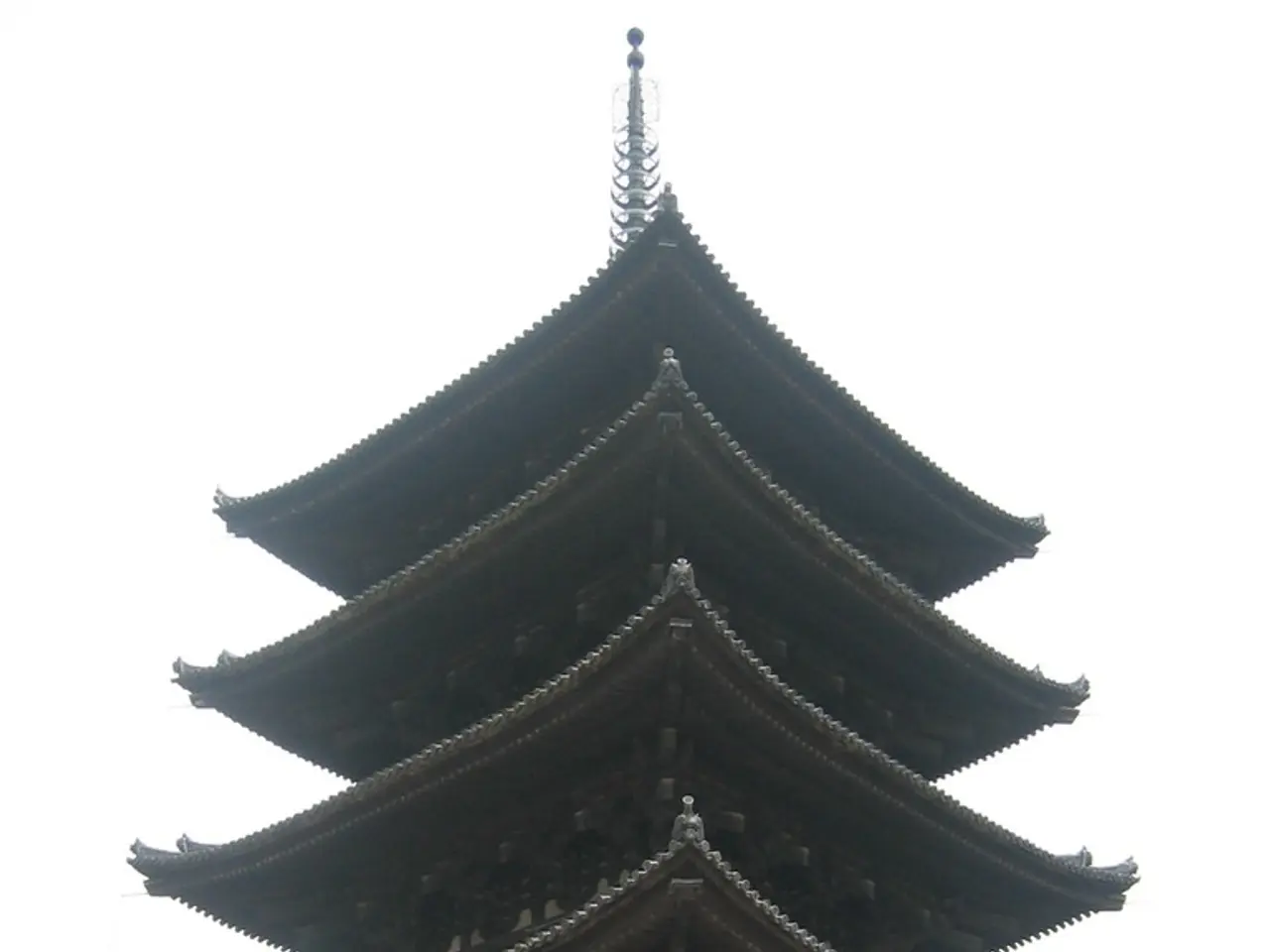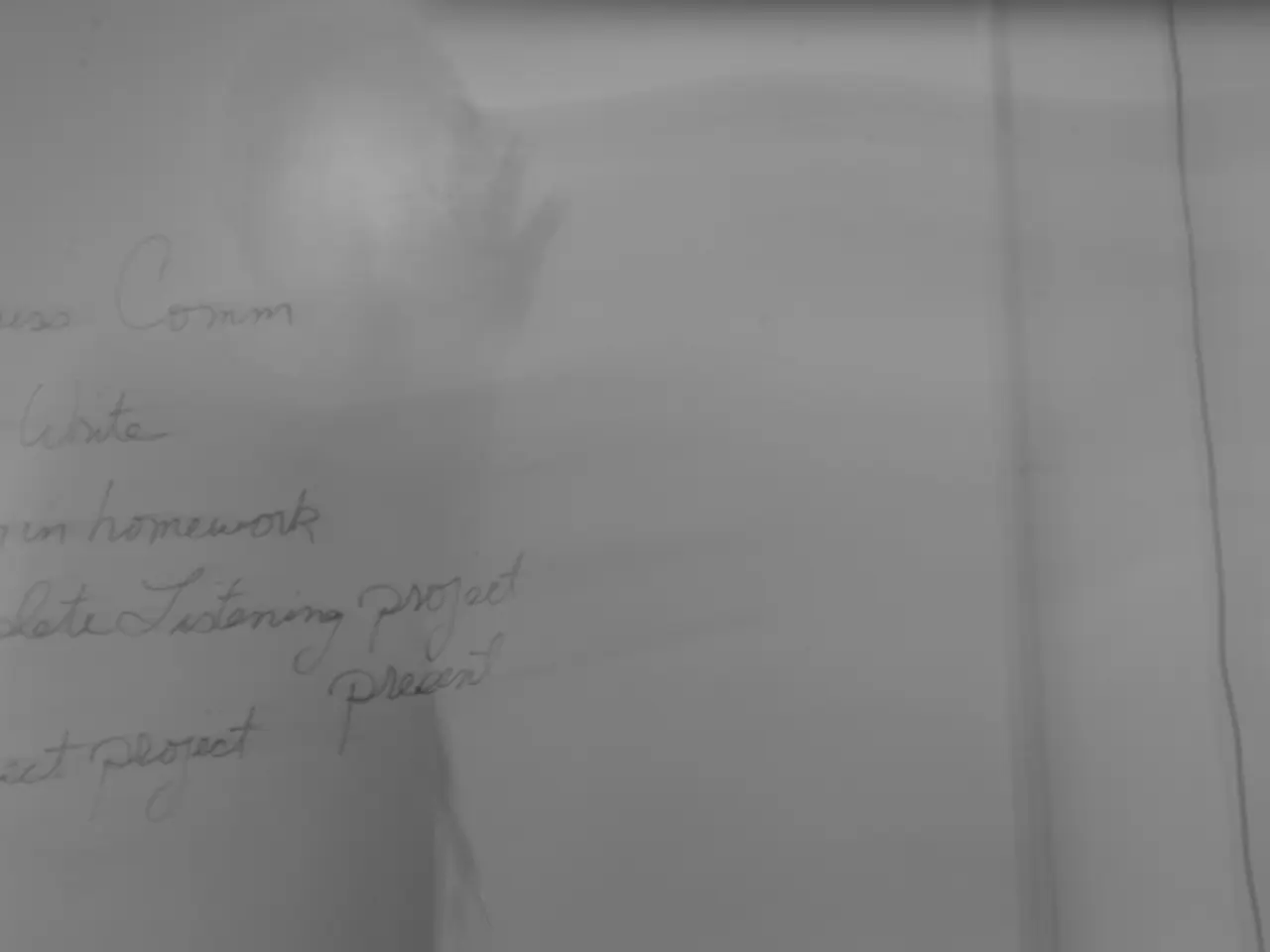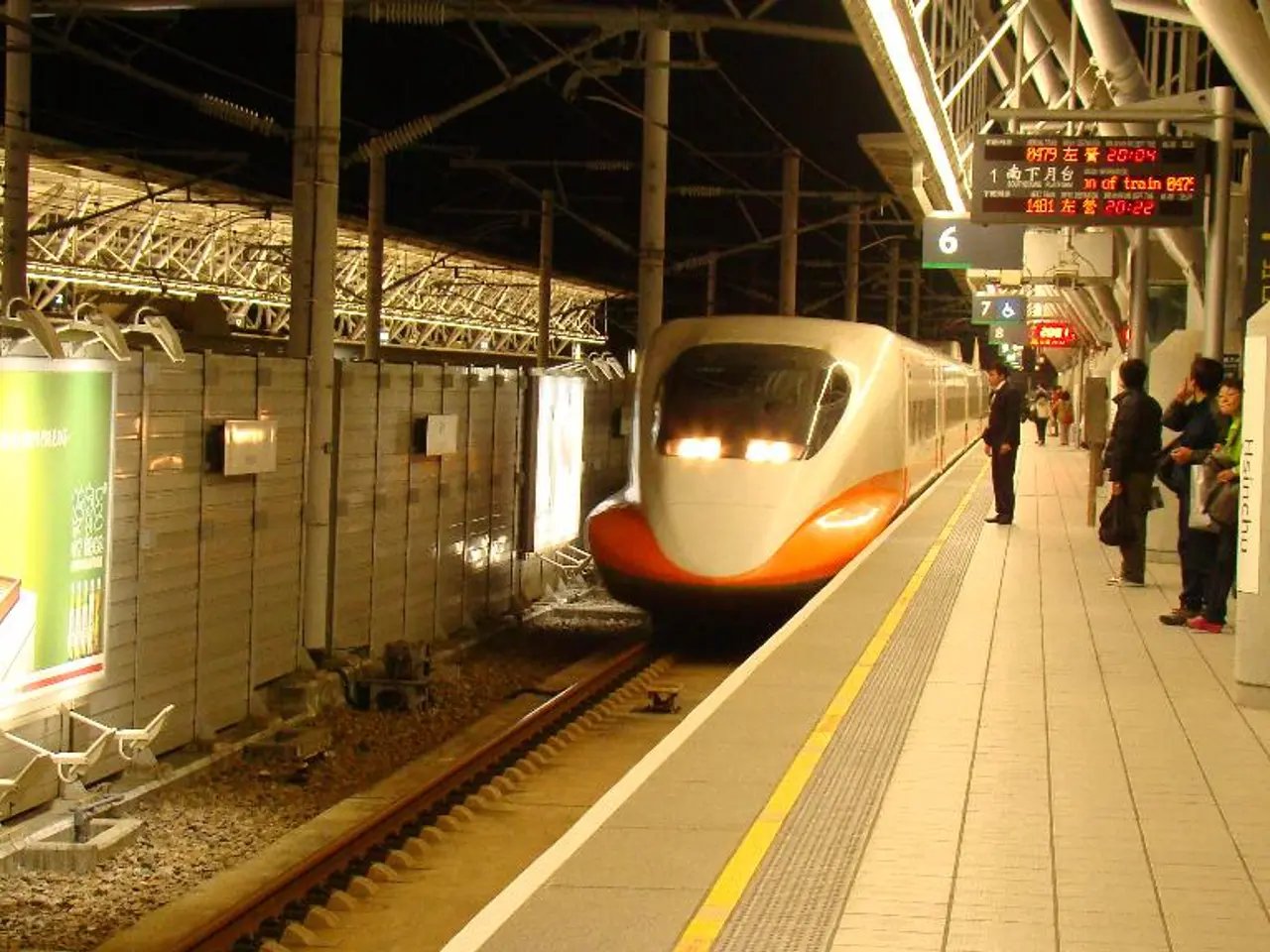EU-China Relations: Has Feeding the Beast Had Its Limit?
The relations between the European Union (EU) and China, once hailed as a promising partnership, have evolved into a complex and fragile interdependence, marked by economic imbalances, trade disputes, supply chain vulnerabilities, and geopolitical differences.
At the heart of the tensions lies China's industrial overcapacity and substantial state subsidies, which create unfair competition in sectors such as electric vehicles, batteries, solar panels, and steel. The EU faces a growing trade deficit with China, currently estimated at €300 billion in 2024, a figure Brussels considers unsustainable. Efforts to negotiate more balanced trade relations have stalled, with limited progress on resolving tariff disputes or securing fair market access.
The geopolitical landscape further complicates the economic frictions. Differences over the Russia-Ukraine war profoundly affect relations. China’s stance—refusing to support sanctions or oppose Russia—frustrates EU leaders. Moreover, China’s recent restrictions on rare earth exports threaten critical EU industries, including auto, defense, and renewable energy, which heightens strategic mistrust.
Diplomatic strain and reciprocity issues also plague the relationship. The EU has taken a more assertive stance since 2019, labeling China a “systemic rival” in addition to an economic competitor and partner. China’s unwillingness to change economic practices or reciprocate fully in trade and market openness causes diplomatic friction.
António Costa, President of the European Council, emphasized the importance of constructive engagement and cooperation between the EU and China, highlighting their shared responsibility to support multilateralism and the rules-based international order. However, the 2025 EU-China Summit, held on 24 July, marked the 50th anniversary of diplomatic relations between the two powers, but it was marred by tensions and a cool atmosphere, with China refusing to host the summit in Brussels and compressing the event from two days to one.
The EU seeks a more balanced and stable relationship with China, aiming to balance economic interests with national security and political values without fully decoupling or isolating itself. Europe’s diplomacy is showing more independence from the U.S., though U.S.-China strategic competition influences EU policies. The EU’s “de-risking” strategy focuses on reducing vulnerabilities in supply chains without severing economic ties, reflecting this nuanced position.
The current challenges and tensions in EU-China relations have significant implications for global politics. They contribute to the ongoing global strategic rivalry between the West and China, affecting global trade norms, supply chains, and diplomatic alignments. The EU’s approach illustrates a middle path between confrontation and engagement, affecting transatlantic relations and broader multilateral frameworks, especially as the EU tries to maintain its economic interests while defending its political values.
Disputes over technology transfer, market access, and rare earth materials have global economic implications, influencing the technological competitiveness and security considerations of many countries. The geopolitical contest around Ukraine and China’s role therein affects the global security landscape and alliances, with the EU positioning itself firmly against Russia’s aggression despite China’s differing stance.
Jüri Seilenthal, Director General, Department for Trade Policy and International Economic Organisations, Ministry of Foreign Affairs, Estonia, stated that the EU-China relations have not improved in the past decade, and there is little hope of an improvement in Sino-European relations if Beijing continues on its current trajectory. China has shown no intention of abiding by the rules and principles that have guided other countries in their relations with it.
In conclusion, EU-China relations remain complex and fragile, shaped by interdependence fraught with rivalry and mistrust, and they continue to influence the multifaceted dynamics of 21st-century global politics.
References:
- European Commission. (2021). EU-China Trade and Investment. Retrieved from https://ec.europa.eu/info/business-economy-euro/trade-and-investment/countries-and-regions/countries/china_en
- European Parliament. (2020). EU-China: A Strategic Outlook. Retrieved from https://www.europarl.europa.eu/RegData/etudes/IDAN/2020/650829/EPRS_IDA(2020)650829_EN.pdf
- European Council. (2021). EU-China Summit. Retrieved from https://www.consilium.europa.eu/en/meetings/european-council/2021/07/23/eu-china-summit/
- European External Action Service. (2021). EU-China Relations. Retrieved from https://eeas.europa.eu/delegations/china/61693/eu-china-relations_en
- Council on Foreign Relations. (2021). EU-China Relations. Retrieved from https://www.cfr.org/backgrounder/eu-china-relations
- The European Union (EU) and China's complex and fragile interdependence revolves around various aspects such as trade, policy, finance, industry, and energy, as well as migration, war-and-conflicts, and politics.
- Brussels considers the EU's growing trade deficit with China, currently estimated at €300 billion in 2024, as unsustainable due to factors like China's industrial overcapacity and substantial state subsidies.
- Differences over the Russia-Ukraine war, as well as China’s stance on refusing to support sanctions or oppose Russia, significantly affect EU-China relations.
- The geopolitical landscape further complicates issues, with China’s recent restrictions on rare earth exports threatening critical EU industries such as auto, defense, and renewable energy.
- The general news has constantly reported strained diplomatic relations, with the EU taking a more assertive stance since 2019, labeling China a “systemic rival.”
- The 2025 EU-China Summit, held to celebrate 50 years of diplomatic relations, was marked by tensions and a cool atmosphere due to China refusing to host the summit in Brussels and compressing the event.
- With tensions continuing, the EU's approach seeks to balance economic interests with national security and political values, shaping the multifaceted dynamics of 21st-century global politics, affecting transatlantic relations and broader multilateral frameworks.




